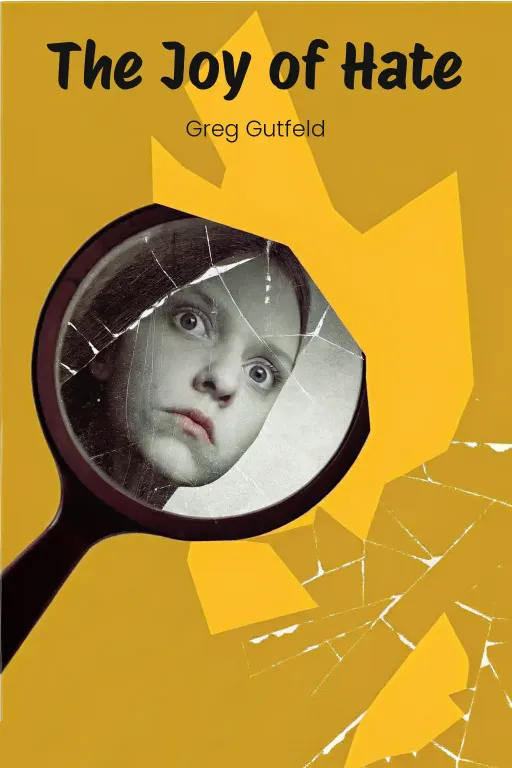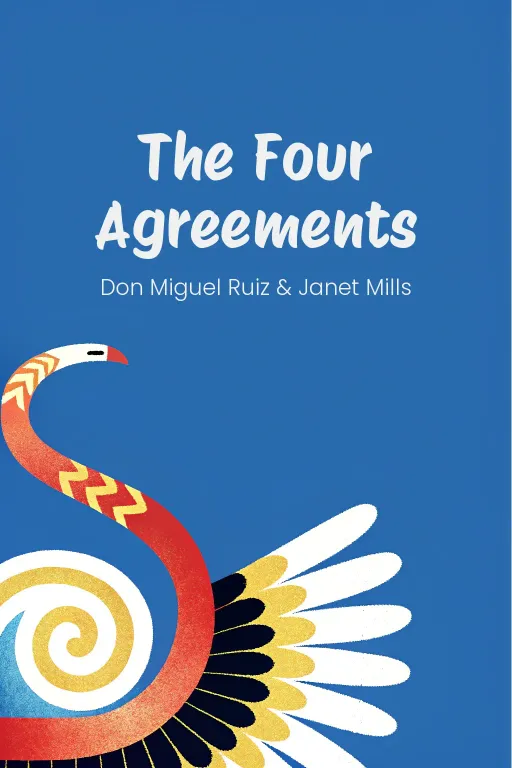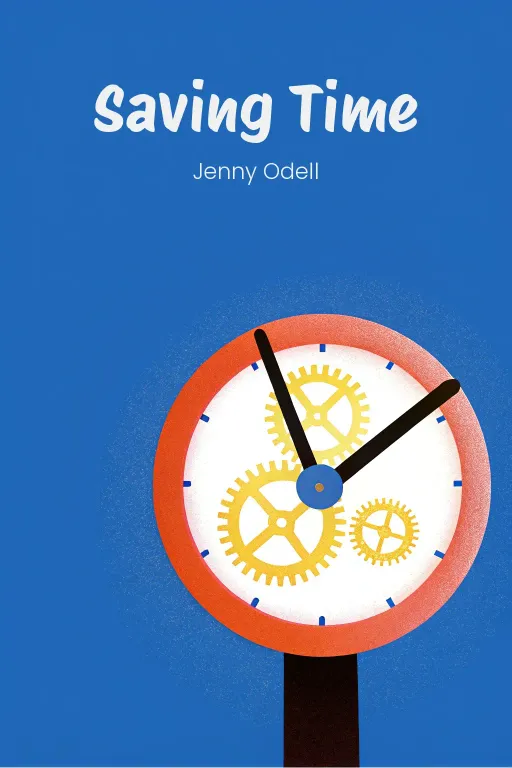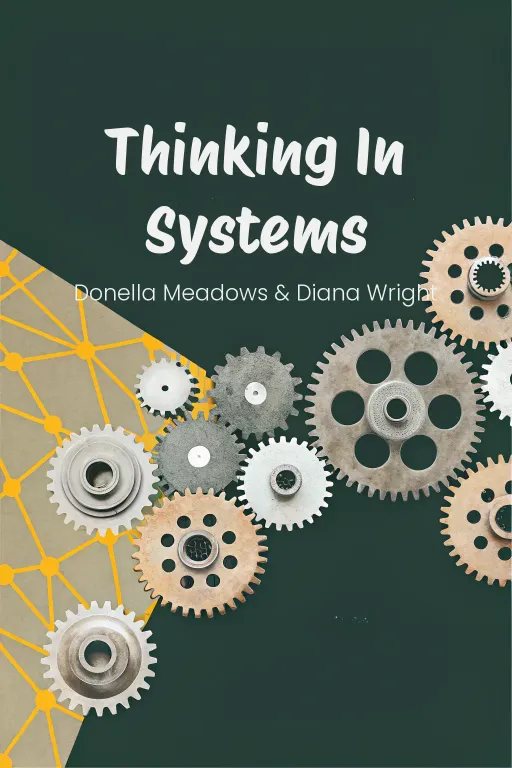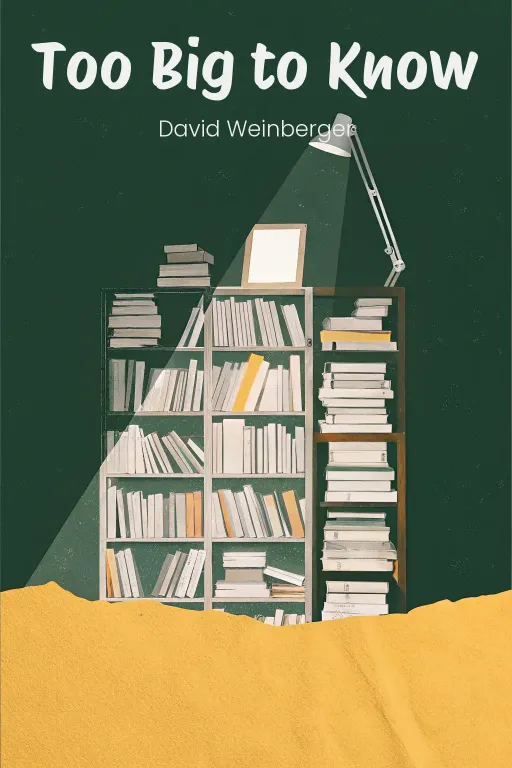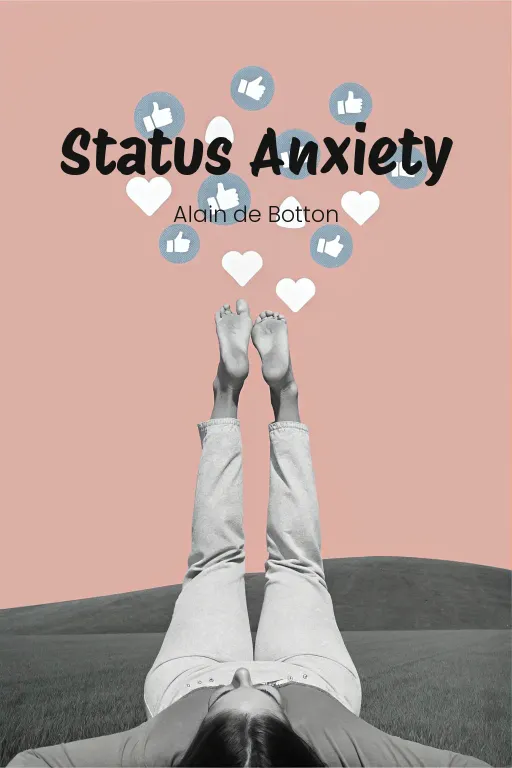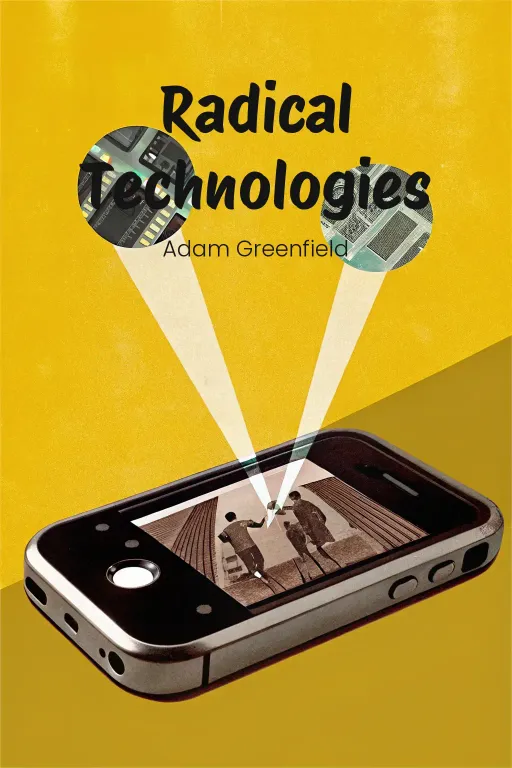
Sanity SOS: Surviving Outrage Culture
Podcast by Civics Decoded with Thomas and Grace
How To Triumph Over Whiners In the Age of Phony Outrage
Introduction
Part 1
Thomas: Hey everyone, welcome back! Let's dive right in. Ever feel like these days, stating an opinion is like tiptoeing through a minefield? One wrong step, and boom, you're public enemy number one? Grace: Ah, you mean the modern gladiatorial sport of competitive outrage? Where everyone's vying for the gold medal in being offended? Yeah, tell me about it—it's draining. Thomas: Exactly! And that’s where Greg Gutfeld’s “The Joy of Hate” comes in. It takes a sledgehammer to this whole outrage culture and the "repressive tolerance" thing, you know, where inclusivity only applies to the "right" opinions. Grace: Oh right, where the champions of tolerance throw a fit the moment someone dares to disagree. Like, "You must agree with me, or be banished!" But Gutfeld doesn't just complain; he uses humor to expose how ridiculous it all is. Thomas: Exactly. So, today, we're unpacking three main ideas from the book. First, we’re gonna look at the hypocrisy of this fake tolerance. Then, we’ll get into how the media spins stories to create drama. And finally, we'll talk about how we can use humor and resilience to navigate the craziness instead of getting buried by it. Grace: So how do we survive this outrage-crazed circus with our sanity intact? If that hasn’t grabbed you, then get ready, because this will be a fun ride.
Repressive Tolerance and Selective Outrage
Part 2
Thomas: Okay, so let's dive right into repressive tolerance. Basically, it's this crazy paradox where society pretends to be all about free speech, but really, if you don't echo accepted mainstream ideas, you're getting shut down. It's like tolerance with a hidden catch. Grace: Right, like those "free trial" scams where you end up paying a ton, if you don't cancel in time. Got an example that really shows how this works? Thomas: For sure. Think back to 2012 Sandra Fluke case. She testified about mandating contraception coverage, framing it as a win for equality and women's rights. Okay, the thing is, she kinda came off as entitled. She acted like contraception costs were a major societal problem as if not getting free birth control was a catastrophe. Grace: So, she's acting like giving out birth control like candy will magically solve our whole healthcare mess. Thomas: Exactly, While some people were nodding along, others thought it a bit extreme. Like, really? Is this the national crisis, or are there bigger fish to fry – poverty, education, you know, global health issues? Grace: And then Rush Limbaugh came in hot with the insults, right? Didn’t he call her something… uh, memorable? Thomas: Yep, he used a really crude and sexist term. He got slammed for it, as he should. But here's where it gets interesting – the selective outrage kicks in. The media and Fluke’s supporters went hard on the "victim" narrative. And instead of talking about the actual merits of public funding for contraception the conversation turned entirely to Limbaugh's attack. Grace: Ah, the classic misdirection. "Forget the arguments, look at the 'bad guy!'" And because the bad guy was so over-the-top, everyone forgot the original argument still sucked. Thomas: Precisely! The case shows how selective outrage isn't just about protecting people from criticism, it's used as a bludgeon to kill real debate. Grace: So it's like those terms and conditions that say, "Oh, and we'll also cancel your credit card if you complain about the price." Isn't this about more than just one example, though? Thomas: Way more. Gutfeld argues that repressive tolerance is a consistent thing, where dissenters are branded as harmful or out of touch. And it isn't just personal, but it applies to larger movements, such as Tea Party and Occupy Wall Street. Grace: Ah yes, the battle of the stereotypes. You have conservative retirees in their patriotic hats, versus, angry millennials on Wall Street. Thomas: Spot on! Both movements were about frustrations with systemic problems. The Tea Party hated government overreach and spending, while Occupy Wall Street was all about corporate greed and inequality. But the media spun them like they were from totally different worlds. Grace: Lemme guess – Tea Party rallies got dismissed as racist meetups. OWS got painted like a peaceful protest. Thomas: Not far off. Tea Party folks were constantly mocked as uneducated yokels, and policy ideas were ignored. Instead, they were labeled “racist,” or “gun nuts". Meanwhile, Occupy Wall Street, despite actual criminal behavior at camps, was romanticized as a noble movement. Crimes like vandalism were excused as "byproducts of their moral cause." Grace: So, spray-painting buildings is cool if you’re holding a sign that says "Down with capitalism"? Thomas: The hypocrisy is plain to see. Repressive tolerance lets you excuse one group's flaws, while you blow up another's. And that just widens the divide that Gutfeld wants us to challenge. Grace: Right, and the real problem here is all that outrage — whether it's aimed at Limbaugh, or the Tea Party, or whoever — it's a distraction. We don't solve problems, we focus on who's offended! Thomas: Exactly. And it discourages anyone from speaking up. Who wants to share strong but measured opinions if they're just going to be labeled and dismissed? Grace: Right, like seeing a Twitter war erupt and thinking, "Nah, I'm good." Thomas: And as Gutfeld says, this system slaps labels on dissenters to shut down the conversation entirely. "Racist," "sexist," "bigot" – are tossed around so much they lose all meaning and just become weapons. Grace: So, instead of figuring stuff out or talking about real issues, everything becomes a reality show – lots of drama, zero substance. Thomas: That's repressive tolerance in a nutshell. It creates shallow conversation, where people only chime in if they agree with the popular narrative. It's an echo chamber disguised as being open. Grace: Which gives you a culture run by hashtags and sob stories. Fun times. Thomas: But there's more to it — Gutfeld also talks about how the media fans the flames here. Let's dig into that.
Media Bias and Narrative Shaping
Part 3
Thomas: So, after exploring the hypocrisy in societal tolerance, let's dive into what fuels it – media bias. This is where we see how selective outrage isn't just random; it's constantly reinforced by the narratives the media chooses to spotlight. Media bias doesn’t just twist facts; it actively shapes how we see entire movements, people, and, well, ideas. Grace: Absolutely. Media bias is like a DJ who only plays certain records – one side is grooving, while the other is tripping over their own feet. So, where should we even start with this? What's the core of Gutfeld's argument here? Thomas: How the media frames things is everything. Think about the Tea Party versus Occupy Wall Street. Two grassroots movements, both fueled by public anger, but their media coverage? Worlds apart. The Tea Party, which rose up to fight government overreach and spending, was constantly caricatured. Grace: Yeah, they became the media's favorite punching bag. "Oh, look, it's grandpa in his funny hat complaining about taxes." But it wasn't just jokes. People were actually led to believe they were all inherently racist or ignorant. Thomas: Precisely. The media zoomed in on the most extreme bits – like isolated offensive signs at rallies – and used that to discredit the whole movement. Deeper discussions about their actual concerns, like fiscal responsibility, were completely overshadowed and instead labeled them as extremist, backward, you name it. Grace: Meanwhile, Occupy Wall Street was painted as these heroic underdogs fighting against corporate tyranny. Never mind the actual mess they left behind. Thomas: That's a great point. Remember Zuccotti Park after the occupation? Trash everywhere, local businesses disrupted, sanitation workers going into overdrive. But those stories were barely mentioned. The focus was always on the supposed nobility of their cause – fighting inequality and holding Wall Street accountable. Grace: "Cause" is the key word there. Slap a big, moral cause on something, and it's like an instant PR shield. Stealing snacks from a bodega? It’s fighting capitalism! Tea Party rallies, though, were famously clean – they even cleaned up after themselves, and yet… crickets. Thomas: Exactly. It's all about emphasis. Graffiti or even reports of sexual misconduct in OWS camps were just "noise." But for the Tea Party, any controversy was blown way out of proportion and stuck to their identity. It’s a prime example of how media outlets editorialize simply by emphasizing certain aspects and conveniently omitting others. Grace: Makes you wonder, are media companies reporting news, or just curating outrage? Amplifying one group’s flaws while turning another group’s into virtues? That’s narrative-building, not objective journalism. Thomas: And that’s part of Gutfeld’s broader criticism. He argues this selective storytelling creates an ideological loyalty between media outlets and their audiences. It's less about facts and more about reinforcing an "us vs. them" mentality – which, let's face it, keeps people hooked. Grace: Oh, totally. Outrage is addictive. It keeps people glued to their screens, constantly checking for updates, waiting for the next scandal. Outrage isn’t just a performance; it’s a business model. Thomas: Absolutely! And speaking of business, Gutfeld doesn’t just target traditional media. He includes Hollywood, pointing out how it reinforces these narratives. Think of how capitalism is often portrayed – corporate CEOs as cold, greedy villains. Take a movie like Syriana, which paints the oil industry as pure global corruption, with no complexity. Grace: Right, because nuance isn’t as profitable as aiming for the top, especially at big corporations. But the problem is, when you combine Hollywood’s storytelling with media bias, it creates a loop. People see one side as righteous victims and the other as villains, not just in the news, but in entertainment too. Thomas: And the real danger isn't just oversimplification; it's locking people into a single narrative. If you constantly hear that corporate executives are evil and protestors are inherently virtuous, it shapes your evaluation process. You're less likely to question movements like OWS and more likely to reject groups like the Tea Party outright, no matter what. Grace: Which goes back to Gutfeld’s idea of "repressive tolerance." It’s not just about silencing dissent in specific arguments; it's about building a culture that favors one side and punishes anyone who disagrees. Thomas: Exactly. And that brings us to the bigger picture. When Movements A and B – or any two opposing groups – are judged by totally different standards, we lose the ability to have real conversations. Complex issues devolve into tribal warfare, where loyalty to a narrative is more important than actually engaging with ideas on their merits. Grace: And the consequences are real. If every debate is skewed by selective outrage, how are we supposed to solve problems? It's like trying to fix a cracked windshield while someone else is throwing rocks at it. Thomas: Exactly. And this bias doesn't just hurt democracy; it minimizes individual responsibility for critical thinking. If someone's only seeing biased information, they're being fed opinions, not forming their own judgments. That’s what Gutfeld is arguing against. Grace: At the very least, it makes you wonder the next time you see a headline screaming about the “villains” of society, maybe step back and ask yourself— how much of this is just the story, and how much is the spin?
Cultivating Resilience and Genuine Dialogue
Part 4
Thomas: Okay, so we've dissected how the media can kind of fuel this selective outrage machine. Now, let's pivot to something more practical, more solution-oriented, you know? It's easy to point fingers and critique the mess, but the real question is, how do we navigate this crazy outrage culture without completely losing it? Grace: Exactly, because it's fun to call out hypocrisy, I'll admit, but you can't live on cynicism alone. So, what's Gutfeld's answer? Besides, you know, just laughing until we cry? Thomas: Perfect transition! Gutfeld champions cultivating personal resilience, wielding humor effectively, and sharpening those critical thinking skills. These aren't just survival tools for the outrage circus. They're foundations for authentic, impactful conversations. Let's dive into resilience first. Grace: Resilience, huh? Which in today's world seems to mean the ability to stand tall while the internet throws hashtags and angry emojis at you. What's his take on resilience within this outrage culture context? Thomas: Right, so for Gutfeld, resilience is about emotional discipline. It's about stepping back, assessing calmly, and preventing external negativity from derailing your reaction. He points out that outrage culture thrives on those impulsive overreactions. When there's a dogpile online, the temptation to hit back instantly is intense, but resisting that impulse saves your emotional energy for discussions that actually matter. Grace: So, it's like choosing your battles, online style. Instead of throwing 280-character punches with random strangers, save your sanity; only respond when you think it'll actually make a difference. Makes sense. Thomas: Exactly. And Gutfeld connects this to our need to detach from the "mob mentality" we see on platforms like X. He argues that resilience isn't about being indifferent. It's about responding thoughtfully, not emotionally. Think of it as a shield against those knee-jerk reactions. Grace: Easier said than done. Seriously, when someone accuses you of being "problematic" just for having a slightly nuanced view, how do you stay calm? Thomas: Valid point. Gutfeld suggests pausing, reflecting before you fire back. Ask yourself, is this outrage real, or is it just for show? And is engaging actually useful, or are you just shouting into the void? Stepping back gives you space to decide if the conversation is even worth having. Grace: I like that. Triage your outrage. Alright, let's move on to something more fun, though. Humor. Gutfeld is a big fan of humor as a weapon against outrage culture. So, why is it so effective at defusing conflict? Thomas: Humor offers perspective. By highlighting the absurdity of a situation, it reduces the emotional intensity, making it easier to have a real dialogue. Gutfeld gives a brilliant example when he proposed opening a gay bar next to the proposed mosque near Ground Zero. Provocative, yes, but it wasn't really about attacking the mosque. It used humor to expose contradictions in how society views tolerance. This approach forced people to confront their own inconsistencies without direct confrontation. Grace: So instead of lecturing, he metaphorically put a banana peel on the floor and let people realize, "Wait, do I sound that ridiculous?" It's like humor bypasses defenses in a way that logic can't. Thomas: Exactly! And humor humanizes. A well-timed joke or smart analogy can strip overly emotional issues of their divisiveness. But Gutfeld also warns that the humor needs to be constructive. It can't just be stirring the pot for the sake of it. His gay-bar example, as loaded as it was, worked because it exposed hypocrisy without sliding into hate. Grace: There's a fine line, isn't there? In today's environment, humor can backfire and cause more outrage. How do you joke in a way that actually starts conversations instead of detonating landmines? Thomas: It’s about intent. When humor is aimed at exposing contradictions or starting conversations, it’s harder to misinterpret than humor that feels cruel or dismissive. Yes, sensitivity matters, but humor doesn’t have to be sterile to be effective. According to Gutfeld, the best humor is clever enough to make everyone - even those prone to outrage - pause and think. Grace: Got it. So, rule #1: be funny, not mean. Rule #2: pick your battles. Now, critical thinking. The backbone of all this. Thomas: Exactly! Critical thinking is what prevents outrage culture from sucking us in. Gutfeld argues that skepticism—questioning motivations, assumptions, and the stories we're told—is key to resisting the tribalism of outrage. For example, he criticizes instances like when people rush to be offended, like the backlash over the term "black hole" just because of the phrasing. Grace: Ah, yes, when astrophysics was labeled racist. I bet Sir Isaac Newton spun in his grave faster than his laws of motion could calculate. But, why are these examples in line with his argument? Thomas: Because they highlight how often misguided outrage stems from a lack of critical thinking. People fixate on surface-level interpretations rather than understanding the context or intent. The "black hole" example is a clear case of people jumping to conclusions without grasping the science. Without skepticism, these incorrect narratives spread, dominating public discourse and distracting from real problems. Grace: So, don't let your "offense radar" go off every time a word sounds problematic. Pause, ask yourself if it's worth getting worked up about, and maybe Google it first. Thomas: Absolutely. And skepticism isn’t about being pessimistic. It’s about curiosity and separating substance from spin. Gutfeld encourages us to challenge narratives, not to be contrarian, but to improve the quality of the discussion. It’s a shift from reacting emotionally to engaging thoughtfully. Grace: So, it boils down to what Gutfeld advocates: Authenticity. Genuine tolerance, humor that builds bridges, and critical thinking are all about rejecting performative outrage and embracing something deeper and more meaningful. Thomas: Correct. When you combine resilience, humor, and critical thinking, you create a personal framework for engaging with the world that’s thoughtful and proactive, not reactive. Gutfeld’s point is that it’s not about silencing outrage, it’s about ensuring that when outrage does occur, it’s meaningful, not empty. Grace: So, instead of joining the Twitter mob or getting upset by every headline, maybe the goal is to laugh a bit, think a lot, and resist that urge to join the latest outrage wave just because everyone else is. Thomas: Precisely! By stepping back, asking questions, and using humor when appropriate, we can contribute to better, more honest conversations. And really, isn’t that the point? To engage authentically, rather than just adding to the noise?
Conclusion
Part 5
Thomas: Okay, so, summing up Greg Gutfeld’s “The Joy of Hate”, it's really a call to look past all the performative outrage we see everywhere now. We talked about repressive tolerance—how those who shout loudest about inclusivity can be the quickest to shut down other opinions. Then there's the media angle, how selective reporting fans the flames of division by pushing some stories and burying others. And finally, Gutfeld’s suggestions: build resilience, so you don’t get swept up in the drama; use humor to deflate the whole situation; and think critically, to avoid just blindly following the crowd. Grace: So basically, outrage culture wins because we let it? If we just took a beat before reacting, questioned what we're being told—maybe even made a joke or two—we could break out of this cycle of instant anger and actually have some real conversations. It's not about never being outraged, but about making sure when we are outraged, it's for a good reason, it gets something done, and, dare I say, it's maybe even... enjoyable? Thomas: Precisely. Let's get out of these echo chambers, question things, and definitely make room for a little laughter. Maybe, just maybe, we can swap out this empty outrage for real, thoughtful conversation. Now that’s something I think we can all support.
